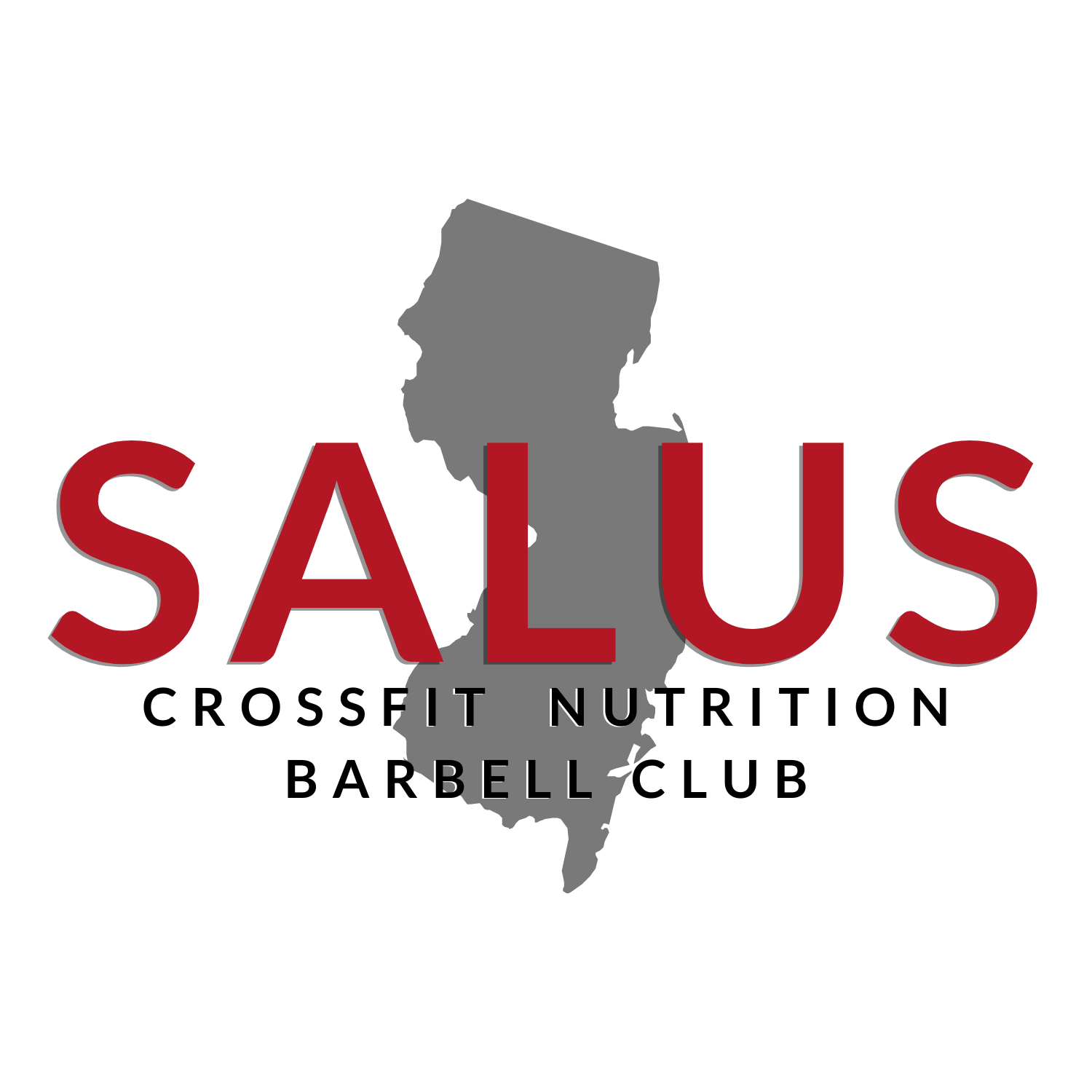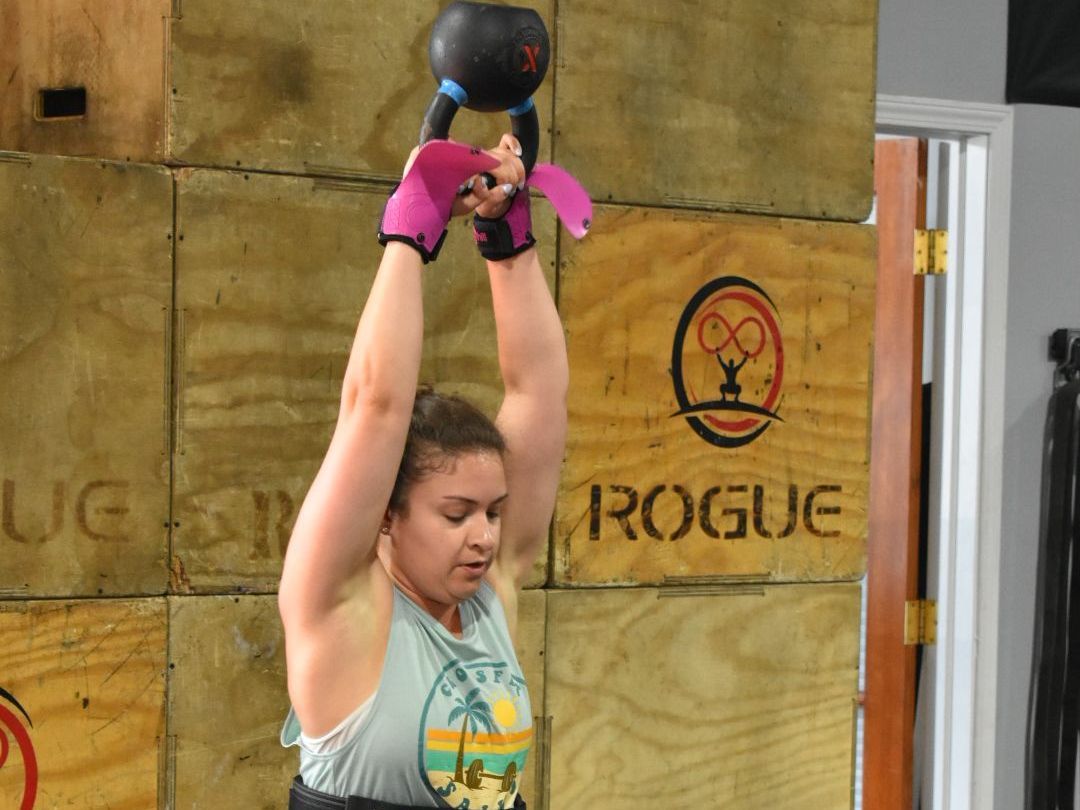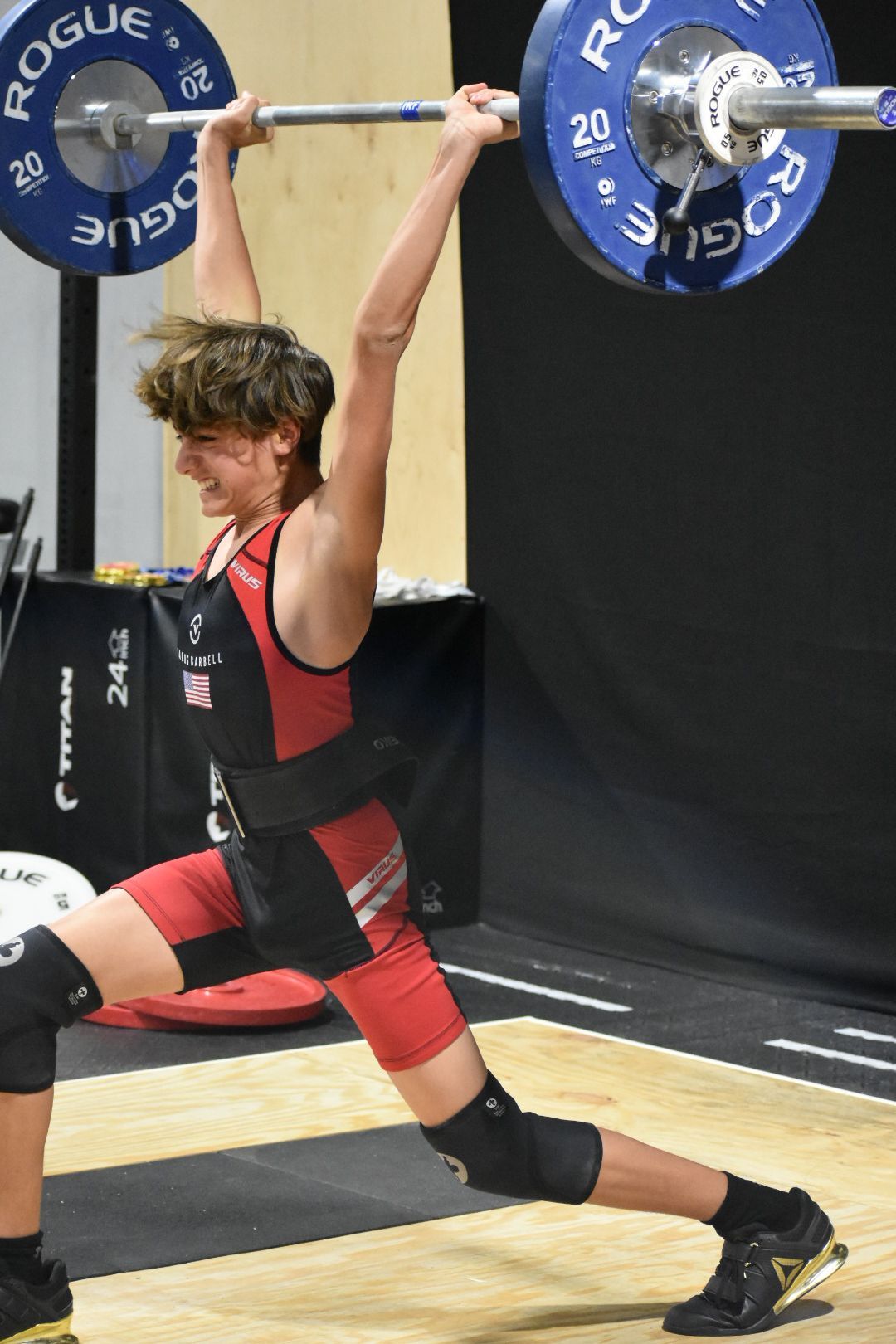3 Ways to Optimize Recovery
Exercise is a stimulus for change, but it’s the time in between your workouts during which your body adapts and makes progress. In order to take your training to the next level, you must optimize recovery time.
3 Ways to Optimize Recovery
- Manage Stress : Stress is an undeniable part of life. There are good and bad stressors. Too much of anything can throw us out of balance. Stress can stimulates appetite, increase abdominal fat, disrupt sleep, increase risks for disease and even play a role in our intimate relationships. So, in order to continue seeing progress with your training, remember that you need a healthy amount of stress from your workouts AND also time to recover the mind.
- Optimize Nutrition : Intense training, like CrossFit and weightlifting , depletes the body of important nutrients if not managed properly. Protein and carbohydrates, for example, are essential to optimize recovery and prevent muscle breakdown. And nutrient timing matters, too. Other nutrients, like iron, magnesium, calcium, potassium, sodium, and B vitamins are important to keep an eye on as well. All of these need to be replenished after an intense workout. To do so, focus on consuming whole food sources such as dark leafy greens, nuts and seeds.
- Rest and Recover : If training is the spark to the flame, then rest and recovery are the oxygen that keep it burning. Intense workouts break down muscle tissue and use up stored nutrients, so rest and recovery help us repair and replenish. This means time away from intense training, but also getting adequate sleep each night, depending on your training.
Maximize Recovery with Massage
Optimizing recovery through massage after an intense workout can provide several benefits for the body and the mind!
- Muscle Relaxation: Intense workouts can lead to muscle tension and soreness due to the buildup of lactic acid and micro-tears in muscle fibers. Massage can help relax tight muscles, reduce muscle spasms, and alleviate soreness, promoting a faster recovery.
- Improved Blood Circulation: Massage increases blood flow to the muscles and surrounding tissues. This enhanced circulation can deliver oxygen and essential nutrients to the muscles, aiding in the removal of metabolic waste products that accumulate during exercise.
- Reduced Inflammation: Intense workouts can cause inflammation in the body, leading to discomfort and delayed recovery. Massage has been shown to reduce inflammation by promoting the release of anti-inflammatory substances and increasing lymphatic drainage.
- Stress Reduction: High-intensity exercise can elevate stress hormone levels. Massage has a calming effect on the nervous system, leading to a reduction in cortisol levels and an overall sense of relaxation and well-being.
- Enhanced Flexibility and Range of Motion: Intense workouts can sometimes lead to muscle tightness and reduced flexibility. Massage can help improve joint flexibility and range of motion, reducing the risk of injuries during subsequent workouts.
- Prevention of Adhesions and Scar Tissue: After intense exercise, there may be some micro-traumas in the muscles. Massage can prevent the formation of adhesions and scar tissue, which can impede muscle function and lead to long-term issues.
- Psychological Benefits: The positive touch and focused attention of a massage can have psychological benefits, reducing anxiety and promoting a sense of connection with one’s body.
- Take a Break: During a massage, athletes can take time away from their usual training routine, providing a mental break and promoting a focus on recovery and self-care.
Revitalize your body and mind at our Recovery Room and experience the rejuvenating power of massage – your ultimate pathway to faster recovery, reduced muscle soreness, and enhanced well-being.
Book your session with Helen Chen, LMT , and unleash the full potential of your performance!
A Note on Sleep
How much sleep is enough sleep? If performance and health are priorities, getting a minimum of 8 hours of sleep per night is crucial. But, that answer will depends on a lot of other factors. Take a look at this blog series that we wrote about sleep to get all the answers.
Think of it this way — You may need to focus on getting more recovery, rest, and sleep if:
- You feel like you need coffee to get through the day
- You’ve hit a plateau, or performance is decreasing in your workouts
- You no longer feel motivated to train
- You’ve noticed recent changes in your mood and/or appetite
The post 3 Ways to Optimize Recovery appeared first on Salus.





